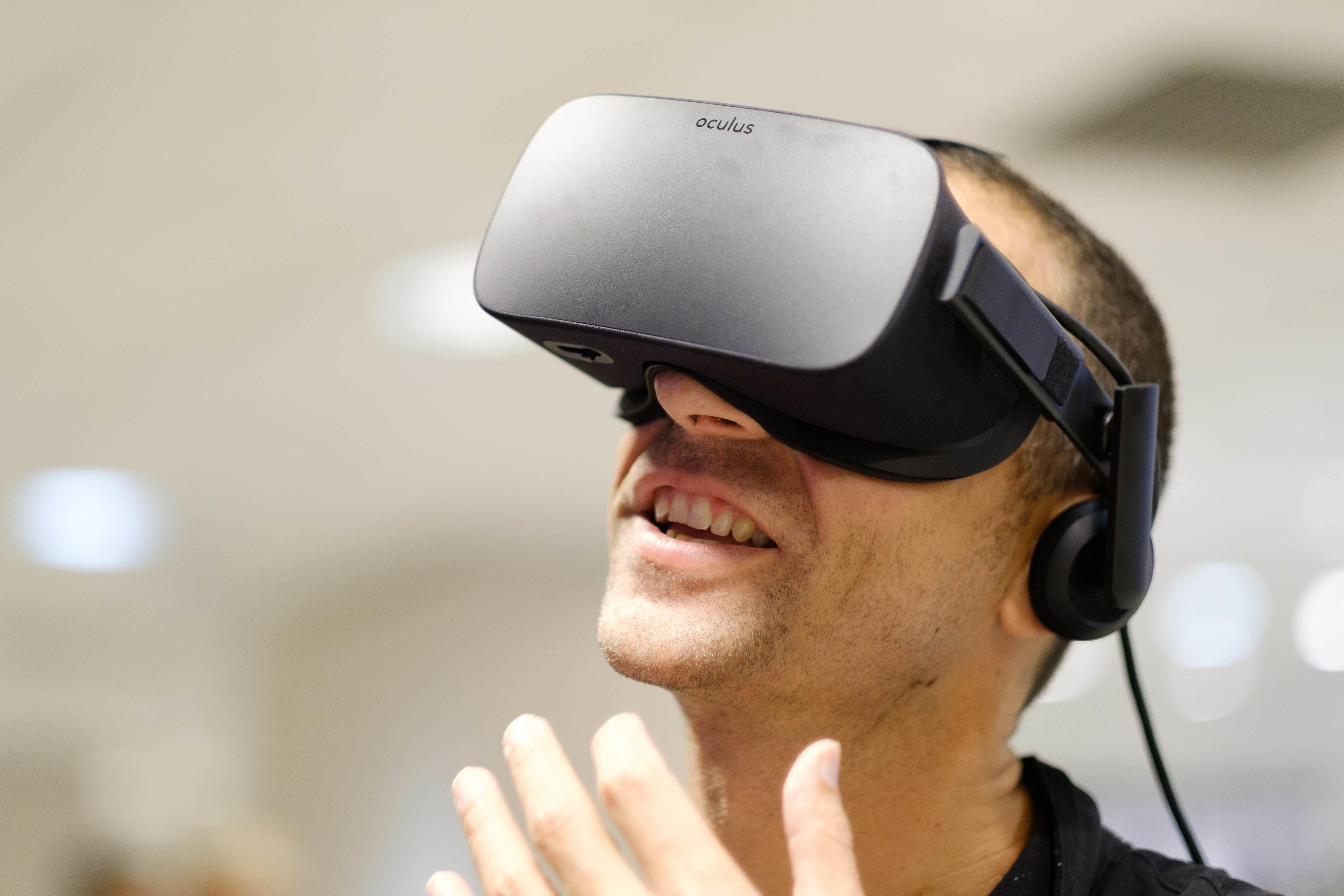‘Virtual reality could help ease cancer patients’ pain’
The benefits of VR could also potentially help people with a number of other long-term conditions, academics have said.

Virtual reality (VR) could help ease pain and distress among cancer patients, a new study suggests.
And the benefits of VR could also potentially help people with a number of other long-term conditions, academics have said.
Emerging work has found that using VR can help reduce psychological effects linked to chronic illnesses.
To firm up the findings, researchers from Queen’s University Belfast set out to examine all studies on the use of virtual reality to help patients with a number of long-term illnesses.
They carried out a review of 31 studies conducted between 1993 and 2023 on the topic.
People can engage with VR – whereby they experience “being connected to a digital world outside of their physical bodies” – using a range of tools including “fully immersive systems” such as a head-mounted device to present a 360-degree digital environment to increase a person’s sense of “presence” in the digital environment, the authors wrote.
Our findings suggest that VR interventions are acceptable treatments that have the potential to improve physical and psychological consequences of physical illness
The studies looked at environment-based and game-based immersive virtual reality interventions, designed either to relax the user ahead of medical treatment with a combination of a nature walk and mindfulness meditation, for example, or to engage them by equipping them with specific skills or behaviours to help them cope better with their condition.
Researchers found that among cancer patients immersive VR “can have a positive effects on anticipatory anxiety symptoms and pain”.
The analysis also revealed that “relaxing and engaging immersive VR interventions” were “acceptable and feasible” among people with cancer, dementia, cardiovascular disease, kidney disease and multiple sclerosis.
“Our findings suggest that VR interventions are acceptable treatments that have the potential to improve physical and psychological consequences of physical illness,” the authors wrote in the journal BMJ Supportive and Palliative Care.
“There is good-quality research to suggest that these VR interventions are effective in reducing pain and distress, particularly among people with cancer.”
Bookmark popover
Removed from bookmarks